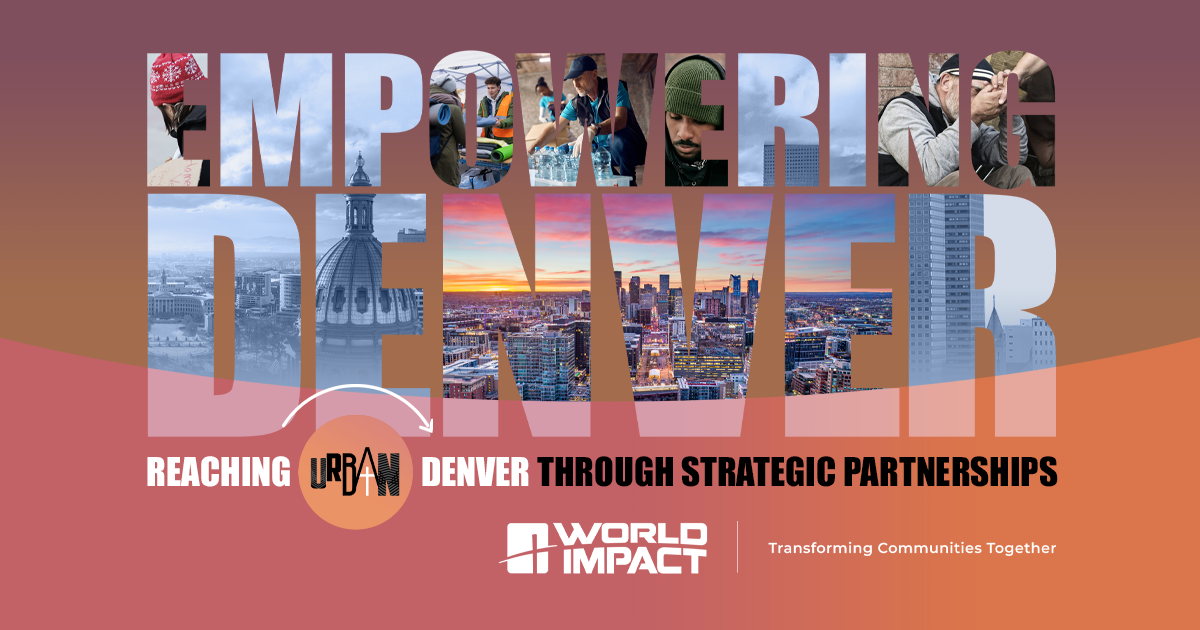One of the blessings I have in connecting with a wide variety of churches around the country is seeing the ways they are making a difference in their surrounding communities. However, some churches and ministries attempt to tackle social issues that in reality are too massive to handle alone. This is why Missional Partnerships are important. A commitment to the empowerment of the Poor and the transformation of under-resourced communities takes a collaborative effort that requires churches and missions organizations to bridge denominational, size, geographical, and racial divides.
One issue that will require a significant collaborative approach is that of mass incarceration. I have heard it stated that there is a correlation between third grade reading and math standardized test scores in urban public schools and prison expansion. If this is truly the case, there is a pipeline between urban under-resourced communities and the criminal justice system that hinges on the failure of children. These children are surrounded by the urban gang culture, many come from broken families, and countless witness the broken criminal justice system.
This pipeline then becomes cyclical. Men and women who are released from prison lack the proper resources on the outside and— in many cases—return to a life of incarceration. Churches in partnership have the opportunity to form the right ministry initiatives and social service programs for children to never become part of the pipeline and for men and women to exit the cycle.
At World Impact, we are seeing transformative fruit within this challenging issue. In partnership with Prison Fellowship, we provide theological and leadership training in 51 prisons through our TUMI initiative (The Urban Ministry Institute). When you add in other partnerships, we have 61 sites with a total of 1,113 students behind bars. Through a partnership with a Christian business owner in Wichita, Kansas, we were able to combine theological and leadership training with job training in a maximum security prison. I talked to a man at this prison who, with tears in his eyes, spoke of the dignity of earning a wage that allows him to pay child support. As I preach in churches that support us and those we have deeper ministry partnerships with, I encourage them to partner with other churches and adopt public elementary schools in under-resourced communities to provide tutoring programs for third graders who are under-performing. I have already received reports back from churches that are taking the challenge.
We have launched SIAFU Leadership Homes through partnerships between our urban church plants and suburban church supporters. These homes are two- to three-year residential discipleship homes for Christian men who have been incarcerated. This initiative bears the fruit of life transformation through mentoring, job training, and church planting preparation because of multiple missional partnerships coming together with a passion for Kingdom advancement and transformation. In many ways Developing Missional Partnerships is the glue that holds together the other three Focus Areas of World Impact. The Church can truly make a tremendous difference in addressing the challenges facing the poor and effecting under-resourced communities. But we must recognize that in many cases no one church or ministry can do it alone. We must transform communities together.

